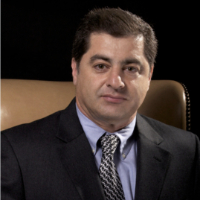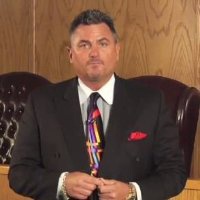Indian Head Felony Lawyer, Maryland
Sponsored Law Firm
-
 x
x

Click For More Info:
-
Law Office of Mark S. Guralnick
55 Madison Avenue 4th Floor Morristown, NJ 07960» view mapCriminal Defense Law Dedicated. Fearless. Successful.
Mark S. Guralnick and his legal team have helped clients throughout the USA and across the world by applying unparalleled dedication and hard work to each case.
800-399-8371
Morgan E. Leigh
✓ VERIFIEDPrior to joining Scrofano Law PC, Ms. Leigh was a solo practitioner who specialized in criminal and DUI defense. During her time as a solo practitione... (more)
Cameron Niakan
✓ VERIFIEDCameron Niakan is a practicing lawyer in the state of Maryland handling bankruptcy matters.
Wendy A. Cartwright
✓ VERIFIEDI have had the privilege of being in private law practice in Maryland for the last 19 years. I was a judicial law clerk for the Honorable Howard S. Ch... (more)
Kush Arora
Kush Arora is a lawyer in the state of Maryland who focuses on Criminal cases. He has tried cases in the areas of assault, DUI, drug charges, bur... (more)
Charles Waechter
✓ VERIFIEDAnnapolis Criminal Defense Law Firm If you face criminal charges, an experienced and respected defense lawyer can help protect your rights, evaluat... (more)
Timothy Joseph Sullivan
FREE CONSULTATION
CONTACT Mark Guralnick Morristown, NJ
Mark Guralnick Morristown, NJ AboutLaw Office of Mark S. Guralnick
AboutLaw Office of Mark S. Guralnick Practice AreasExpertise
Practice AreasExpertise





